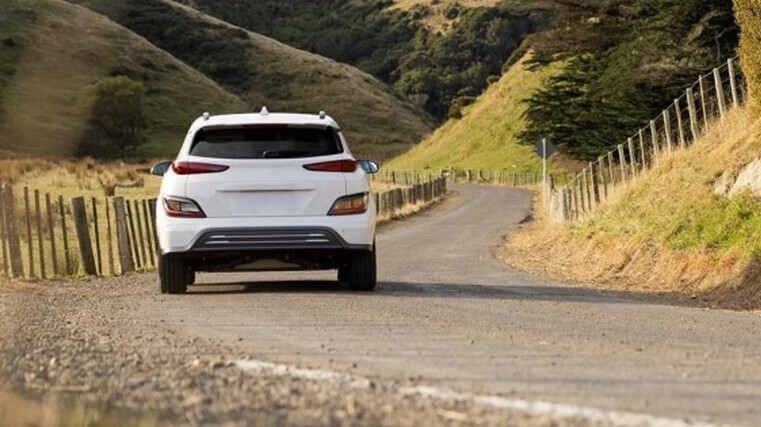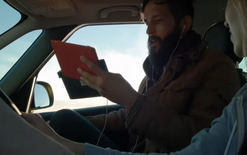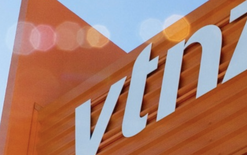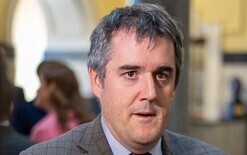Have your say on CCS fee

The NZTA is seeking public feedback on how to structure a clean car standard (CCS) administration fee, which is expected to be set at about $18-23 per vehicle and kick in from mid-2025.
It comes after cabinet decided in April this year that the CCS administration costs should be funded by the people who use it, rather than the government, to make the scheme financially sustainable.
The NZTA has previously estimated the annual cost to operate the scheme is $6.4 million but says it is implementing a restructure process that could reduce this to $5.5m.
As a result, and assuming a flat fee per vehicle, it expects the administration fee to be approximately $18-23 per unit, based on average annual imports of between 270,000 and 300,000 light vehicles.
“We recognise operating costs and service delivery methods may change over time,” it says in the consultation document.
“To this end, the NZTA and the Ministry of Transport will undertake future reviews of CCS fee settings to ensure costs recovered remain in line with the actual cost of administering the CCS.”
The agency wants importers, consumers, and other stakeholders in the transport system to share their views and insights on how to structure the fee “to make sure it’s fair and convenient to pay”.
The three considerations it is seeking feedback on are:
• Basis of payment – charging per vehicle or per importer.
• Point of payment – where in the import process NZTA should collect the payment, and whether it is importers or consumers who pay.
• Variability of payment – if the fee should vary depending on the type of vehicle or CCS account.
Consultation opened on November 19 and the last day for feedback is Tuesday, December 10. To view the consultation page and survey, click here.
The NZTA notes all feedback will be analysed and considered over December and January before a final cost recovery system decision is made in early 2025. The new fee is expected to be introduced in mid-2025.





